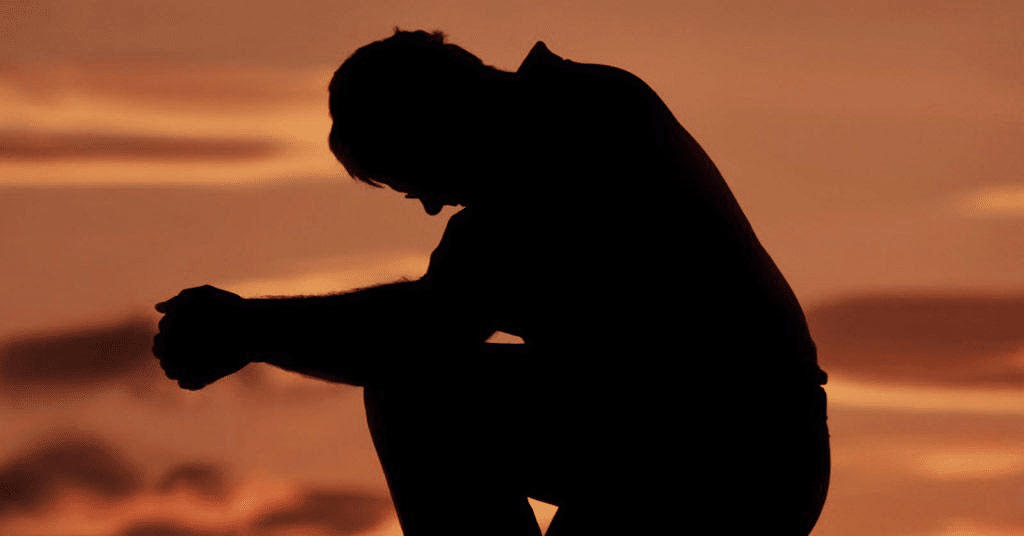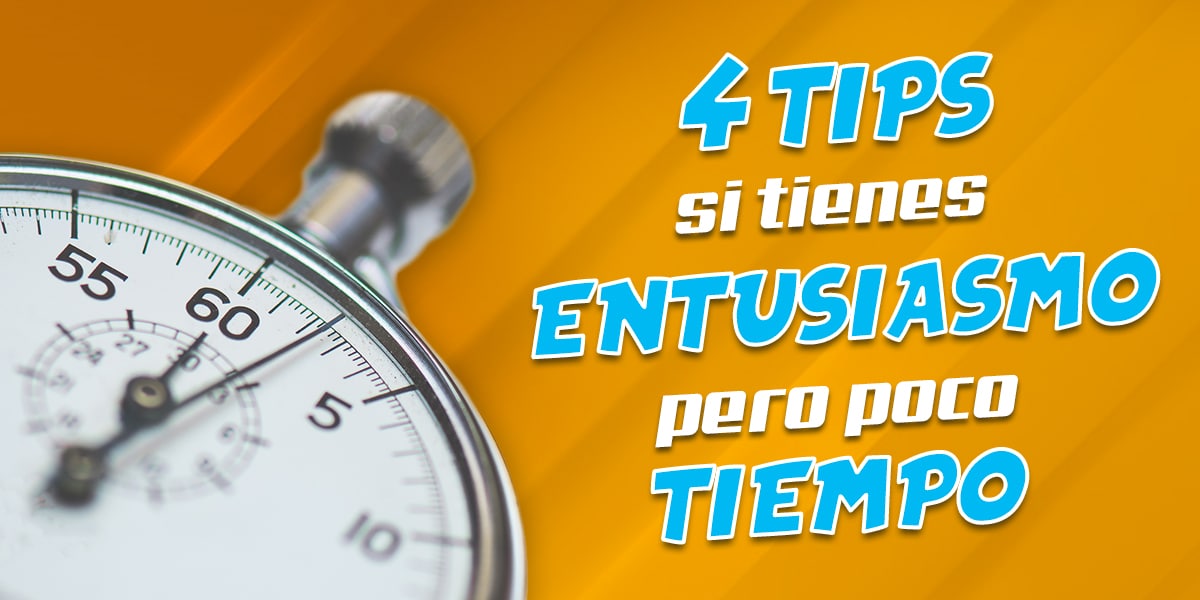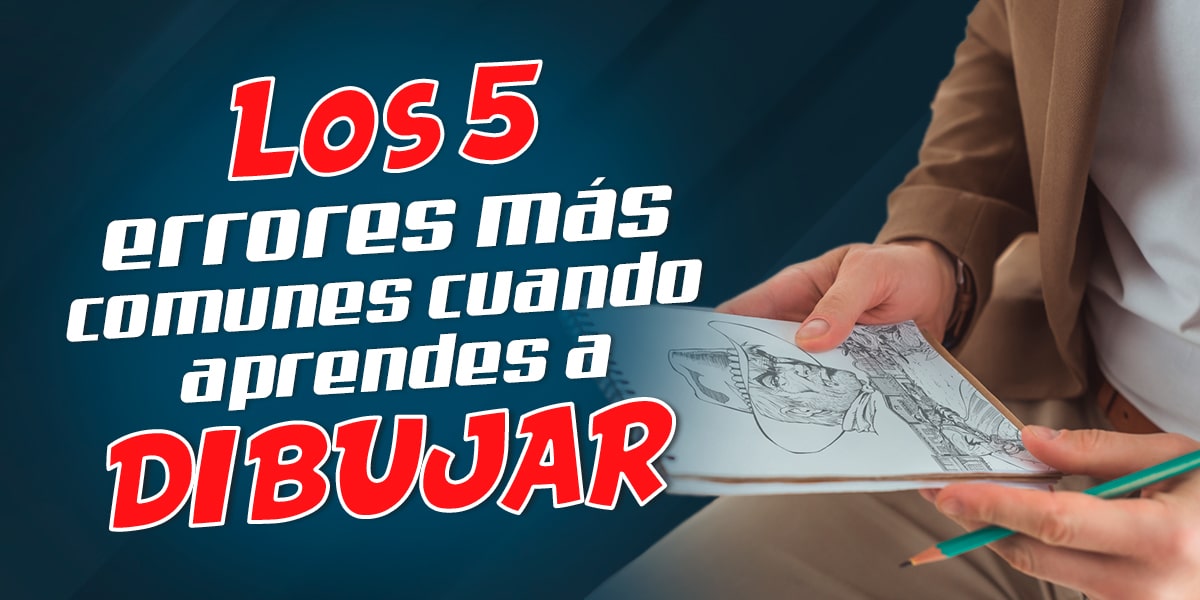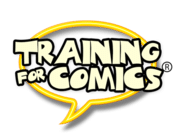Aprende a usar tus ojos para escribir un guion fascinante
¿Alguna vez te has preguntado cómo los grandes guionistas logran crear historias tan cautivadoras? La respuesta podría estar más cerca de lo que piensas: en tus propios ojos. En este artículo, te revelaremos cómo utilizar tu sentido de la vista para escribir guiones que atrapen a tu audiencia, ya sea para un cortometraje, una serie o una película. Prepárate para descubrir un mundo de posibilidades creativas que transformarán tu forma de escribir.
Imagina poder capturar la esencia de una conversación en la calle, el brillo de una puesta de sol o la tensión de un momento crucial, y plasmarlos en tu guion con una viveza que haga que tus lectores (y futuros espectadores) sientan que están allí. Eso es lo que lograrás al dominar el arte de “usar tus ojos” para escribir. No se trata solo de mirar, sino de observar con intención y propósito.
Si al principio te sientes abrumado, ¡no desesperes! Con los consejos que compartiremos, pronto estarás capturando detalles que harán que tus historias cobren vida. Sigue leyendo y descubre cómo transformar tu percepción visual en palabras que cautiven.
Por Maxi
El poder de la observación: Tu arma secreta para un guion extraordinario
Ya sea que estés trabajando en el guion para un cortometraje que aspira a ganar festivales, una serie que enganchará a millones de espectadores o una película que quedará en la historia del cine, dominar el arte de la observación puede ser la diferencia entre un guion mediocre y uno extraordinario. La clave está en aprender a utilizar tus ojos no solo para ver, sino para descubrir.
Como dice el refrán, “todo depende del cristal con que se mira”. En el caso de un guionista, ese cristal debe ser una lente que amplifica los detalles más sutiles de la realidad, transformándolos en material creativo de primera calidad. Al afinar tu capacidad de observación, descubrirás que el mundo a tu alrededor es una fuente inagotable de inspiración para tus historias.
Descifrando el arte de “usar tus ojos” en la escritura de guiones
Cuando hablamos de “usar tus ojos” para escribir un guion, nos referimos a dos habilidades fundamentales que todo escritor debe desarrollar:
- Observación activa de la vida cotidiana: Se trata de estar constantemente alerta a las situaciones, conversaciones y detalles que te rodean en el día a día. Cada momento puede ser una semilla para una escena memorable.
- Análisis crítico de obras artísticas: Implica ver películas, series o cualquier obra visual con una mirada analítica, identificando qué elementos funcionan (o no) y por qué.
Usar tus ojos va más allá de simplemente mirar; es un acto consciente de selección y análisis. Cuando observas una escena, ya sea en la vida real o en una pantalla, tu cerebro naturalmente se enfocará en ciertos aspectos: quizás te llame la atención la atmósfera del lugar, el lenguaje corporal de las personas, o la forma en que la luz juega con los objetos.
Lo crucial es identificar qué elementos capturan tu atención y por qué. Estos son los detalles que darán vida a tus escenas y personajes. Haz clic aquí para descubrir más sobre cómo capturar estos detalles visualmente, una habilidad que puede enriquecer enormemente tu proceso de escritura.
Mantener un cuaderno de ideas o una aplicación en tu teléfono para anotar estas observaciones es una práctica invaluable. No confíes solo en tu memoria; el acto de escribir o dibujar lo que ves te ayudará a procesar y recordar estos detalles cuando llegue el momento de incorporarlos en tu guion.
Agudizando tu mirada en la vida cotidiana
La vida diaria es un tesoro de inspiración para cualquier guionista. Desde la majestuosidad de un atardecer hasta la tensión palpable en una discusión callejera, cada momento ofrece material potencial para tus historias. Sin embargo, la clave está en ir más allá de la simple apreciación superficial.
Cuando te encuentres frente a una escena interesante, desglósala mentalmente. No te conformes con pensar “esto sería genial en mi guion”. Pregúntate:
- ¿Cuántas personas están involucradas en la situación?
- ¿Cómo están vestidas? ¿Qué dice su vestimenta sobre ellas?
- ¿Cómo se mueven? ¿Hay gestos o tics particulares?
- ¿Qué tono de voz usan? ¿Cambia según con quién hablan?
- ¿Cómo es el ambiente alrededor? ¿Qué hora del día es?
- ¿Cómo reacciona la gente alrededor a lo que está sucediendo?
Por ejemplo, imagina que estás en una parada de autobús y presencias una discusión. No te limites a registrar el hecho de que dos personas están discutiendo. Observa cómo una de ellas tal vez aprieta los puños mientras habla, cómo la otra mira constantemente alrededor como buscando una salida. Nota cómo la luz del atardecer proyecta sombras largas, añadiendo dramatismo a la escena. Percibe cómo los transeúntes ralentizan su paso para escuchar, pero fingen no prestar atención.
Estos detalles minuciosos son los que darán autenticidad y profundidad a tus escenas. Ingresa aquí para perfeccionar el arte de capturar escenas cotidianas y transformarlas en material valioso para tus guiones.
Cuanto más te ejercites en esta observación detallada, más naturales y convincentes serán tus personajes, sus diálogos y las situaciones en las que los coloques. La realidad es tu mejor maestra; aprende a leerla con atención.

Sintoniza tus sentidos: La importancia de escuchar con los ojos
Aunque hablamos de “usar tus ojos”, la verdad es que la observación efectiva involucra todos tus sentidos, especialmente cuando se trata de analizar obras audiovisuales. Ver una película, serie o cortometraje no es una actividad pasiva para un guionista en ciernes; es un ejercicio activo de análisis y aprendizaje.
Cuando te sumerjas en una obra audiovisual, presta atención a:
- Elementos visuales: Composición de las escenas, paleta de colores, movimientos de cámara.
- Diseño de sonido: Diálogos, efectos de sonido, música de fondo.
- Narrativa: Estructura de la historia, desarrollo de personajes, ritmo.
- Actuación: Lenguaje corporal, expresiones faciales, química entre actores.
- Atmósfera: Cómo se combinan todos los elementos para crear un mood específico.
Si una escena te impacta positivamente, desglósala. ¿Qué la hace tan efectiva? ¿Es la forma en que está escrita, actuada o filmada? Tal vez es la sutil interacción entre el diálogo y el lenguaje corporal de los actores, o cómo la música subraya las emociones sin sobrecargar la escena.
Igualmente importante es analizar lo que no funciona. Si una obra no te convence, identifica por qué. ¿Los diálogos suenan forzados? ¿La trama es predecible? ¿Los personajes carecen de profundidad? Estos “errores” son lecciones valiosas sobre qué evitar en tu propio trabajo.
¿Quieres mejorar tus habilidades de análisis visual? Explora más aquí y descubre cómo transformar tu forma de ver y escuchar historias en pantalla.
Recuerda, incluso las obras que no te agradan pueden ser fuentes valiosas de aprendizaje. Anota lo que no funciona y reflexiona sobre cómo podrías mejorarlo. Estas observaciones pueden ser tu salvavidas en momentos de bloqueo creativo, ofreciéndote alternativas y soluciones que no habías considerado.
Perseverancia: La clave del éxito en la observación creativa
Es natural sentirse abrumado al principio. Quizás te encuentres en situaciones donde el tiempo es escaso para analizar detalladamente una escena que captó tu atención, o tal vez te sientas incómodo tomando notas en público. No te desanimes; la habilidad de observación es como un músculo que se fortalece con la práctica.
Incluso si solo logras captar un detalle o dos de una situación interesante, eso ya es un triunfo. Con el tiempo, tu capacidad de observación y análisis rápido mejorará significativamente. Lo importante es mantener esa curiosidad y atención, aunque sea a un nivel básico, en tu día a día.
No te presiones por recordar o anotar todo. A veces, un solo detalle llamativo puede ser la chispa que encienda toda una escena o incluso una historia completa en tu mente. La clave está en la consistencia: mantén tus sentidos alerta y tu mente abierta a las posibilidades creativas que te rodean.
Recuerda que todas las estrategias de escritura, ya sean de cursos, libros o consejos de escritores famosos, tienen un objetivo común: mejorar tu capacidad de contar historias. Descubre aquí cómo llevar tu narración visual al siguiente nivel, complementando tus habilidades de observación con técnicas de storytelling visual.

La presión excesiva puede ser contraproducente. No te frustres si no puedes cumplir con todas tus metas de observación y análisis. La escritura es un arte que se perfecciona con el tiempo y la práctica. Cada pequeño avance, cada detalle que captures, es un paso adelante en tu desarrollo como guionista.
El uso consciente de tus ojos (y todos tus sentidos) para mejorar tu escritura es una estrategia poderosa, pero no debe convertirse en una fuente de estrés. Habrá días en los que estarás más receptivo y otros en los que apenas notarás lo que te rodea. Ambos son parte del proceso creativo.
Lo fundamental es mantener viva esa chispa de curiosidad y atención. Con el tiempo, verás cómo tu capacidad de observación se agudiza naturalmente, enriqueciendo tu escritura de formas que ni siquiera habías imaginado.
Conclusión: Tu mirada, tu superpoder creativo
A lo largo de este artículo, hemos explorado cómo el simple acto de “usar tus ojos” puede transformarse en una herramienta poderosa para escribir guiones fascinantes. Desde capturar la esencia de una conversación en la parada del autobús hasta analizar críticamente las obras maestras del cine, cada observación es una oportunidad para enriquecer tu narrativa.
Recuerda, no se trata solo de ver, sino de percibir con todos tus sentidos. Utiliza tus ojos para captar los detalles visuales, pero también afina tus oídos para los diálogos y sonidos ambientales. Cada elemento que observes puede ser la semilla de una escena memorable o un personaje inolvidable.
No te desalientes si al principio te resulta difícil. Como cualquier habilidad, la observación creativa mejora con la práctica. Cada día es una nueva oportunidad para descubrir algo extraordinario en lo ordinario. Mantén tu cuaderno de ideas a mano y no temas anotar incluso los detalles más pequeños; nunca sabes cuándo esa observación aparentemente insignificante se convertirá en la pieza clave de tu próximo guion.
¿Listo para llevar tu escritura al siguiente nivel? Da el primer paso aquí y descubre cómo integrar tus observaciones en historias visuales impactantes.
Recuerda, cada gran guionista comenzó exactamente donde estás tú ahora. La diferencia radica en su dedicación para ver el mundo no solo como es, sino como podría ser en una historia. Abre tus ojos, agudiza tus sentidos y prepárate para transformar lo cotidiano en extraordinario. ¡El próximo gran guion está esperando a que lo escribas!






